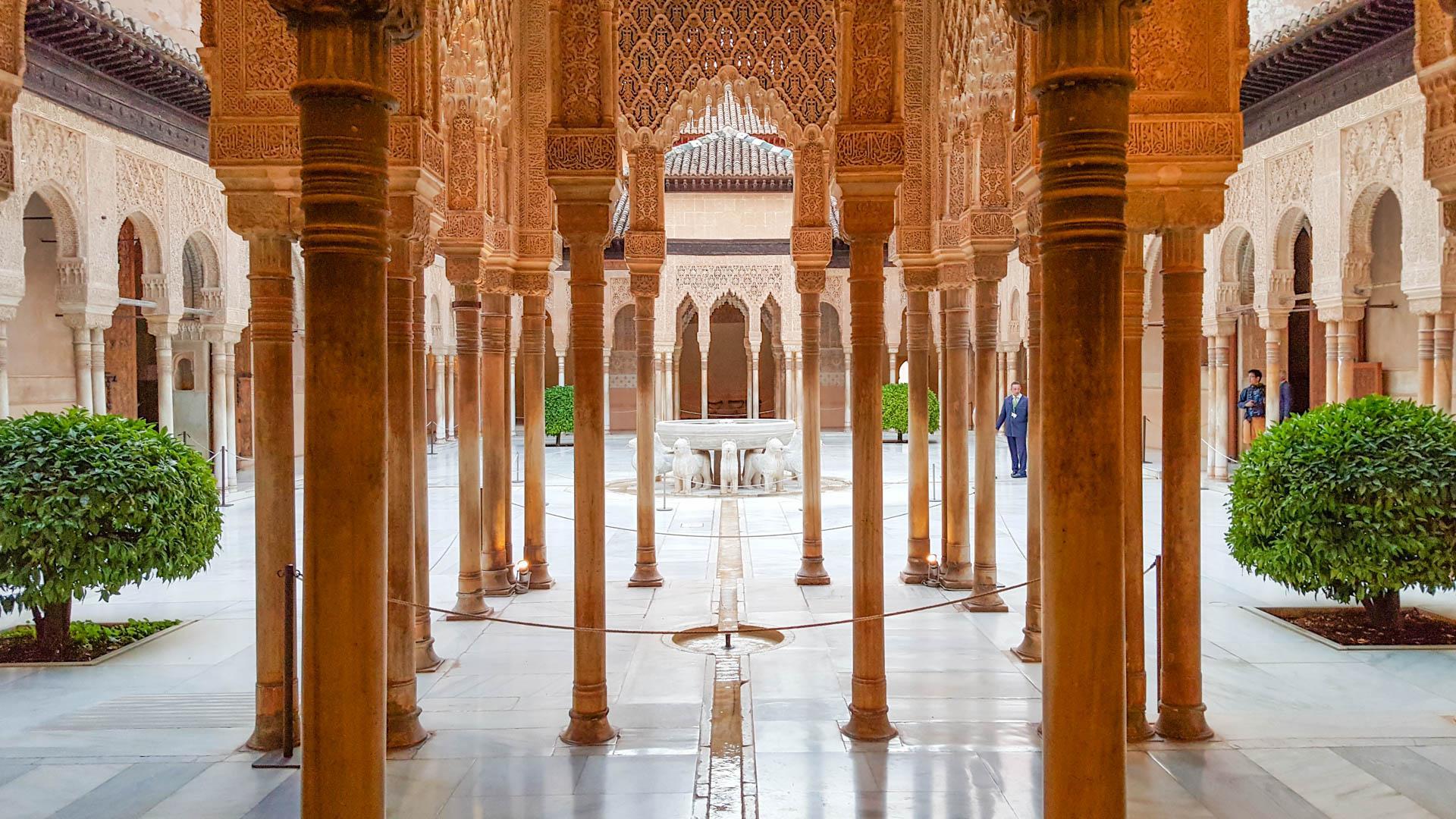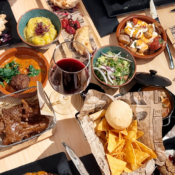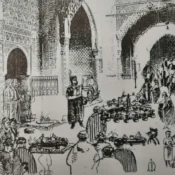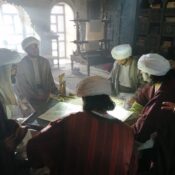Juan Latino
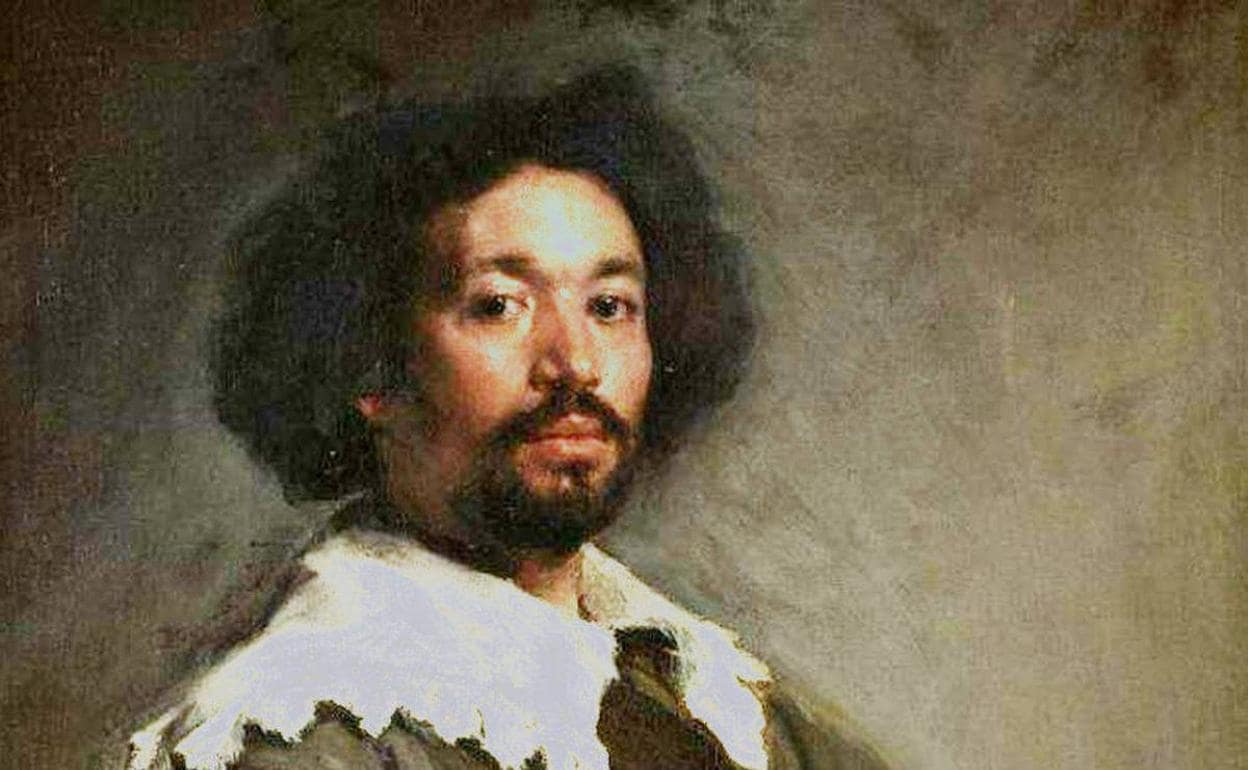
Juan Latino
History always hides interesting surprises. And, almost by accident, we discovered the existence of an illustrious person who deserves a post on our blog: Juan Latino.
Juan Latino was born in Ethiopia, in 1518. He was the son of an African slave, bought by Elvira Fernández de Córdoba, duchess of Sessa, and granddaughter of the Great Captain. He grew up in Italy, in the Baena area, until a few years later the dukes died. Gonzalo, son of the dukes, was left in the care of his maternal grandmother, who lived in Granada, taking Juan with him.
Juan accompanied Gonzalo to his classes at the University of Granada, but they did not allow him to enter the classrooms, so he had to listen to everything from outside. And this did not go unnoticed: apparently, the university professors and Gonzalo's classmates nicknamed him Latino.
He was granted freedom, which allowed him to obtain the title of Bachelor of Philosophy; Not only that, in 1556 he graduated from the University and obtained the Chair of Grammar and Latin Language at the Cathedral.
He translated Latin and Greek classics (hence also the reason for his nickname) and even taught classes at the university itself; In addition, he wrote three original works:
- Epigrams (1573): different compositions dedicated to Ferdinand, son of Philip II and María of Portugal; to Pope Pius 5th; and the chapter Austriadis Carmen, a poem in which he talks about the battle of Lepanto.
- De translatione corporum regalium (1576): story that describes the transfer of the bodies of Isabella, mother of Philip II, Mary of Portugal (his wife), and his two brothers John and Philip. All of them, buried in Granada, were moved to the Escorial Monastery.
- Ad Excellentissimum et Invictissimum D. D. Gonzalum Ferdinandez a Corduba (1585): ode dedicated to Gonzalo, his friend and protector.
All categories
- Arquitectura islámica
- Arte y decoración en la Alhambra
- Visitors Tips
- Cultura andalusí
- Granadian Sayings
- Folklore
- Granadian Cuisine
- Granada
- Granadian Province
- Alhambra History
- Distinguished Granadians
- Useful information
- Granadian Literature
- Granadian Literature
- Magic, legends and mystery
- Granadian Miscellany
- Granadian Nostalgia
- Granadian Traditions
- Granadian Traditions
- Guided tours
Latest posts
